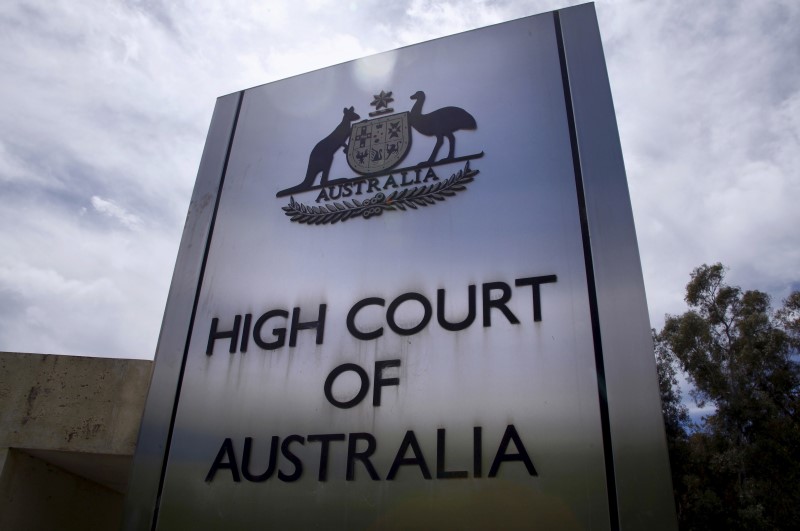A pioneering lawsuit has accused gas giant Santos Ltd (ASX:STO) of misleading investors about its climate strategy, with the Federal Court hearing that the company’s claims of achieving net zero emissions by 2040 lacked substantiated evidence.
False image of environmental stewardship
The case, brought by the Australasian Centre for Corporate Responsibility (ACCR), claims Santos engaged in deceptive "greenwashing", or promoting a false image of environmental responsibility, in its 2020 climate and annual reports.
The ACCR has accused the $22-billion ASX-lister of misleading investors by presenting a specific plan to achieve net zero emissions by 2040, arguing that the company had no credible basis for this commitment.
The advocacy group further contends that Santos exaggerated the emissions-free potential of its blue hydrogen projects and mischaracterised natural gas as “clean energy”.
First of its kind globally
The legal action, initially filed in 2021, is the first of its kind globally to use consumer and corporate laws to challenge the environmental claims of a fossil fuel producer.
Opening statements delivered by ACCR's legal representative argued that Santos conveyed "a clear, powerful message" to investors, presenting what appeared to be a concrete roadmap for emissions reductions — assertions which the ACCR describes as speculative.
Santos, however, maintains that no reasonable investor would interpret its pathway to net zero as a fully realised plan, arguing that natural gas serves as a transitional fuel essential for the move to cleaner energy systems.
Contextually clear
Santos’s defence, expected to continue on Tuesday, asserts that the company never implied its gas-based hydrogen projects would be entirely emissions-free, and that references to “clean hydrogen” were contextually clear.
The outcome of this case could set a precedent for how companies set out their environment, social and governance (ESG) achievements in corporate reporting, as the court examines whether fossil fuel companies can be held accountable for alleged misrepresentations of environmental goals.
The trial is anticipated to last around three weeks.
